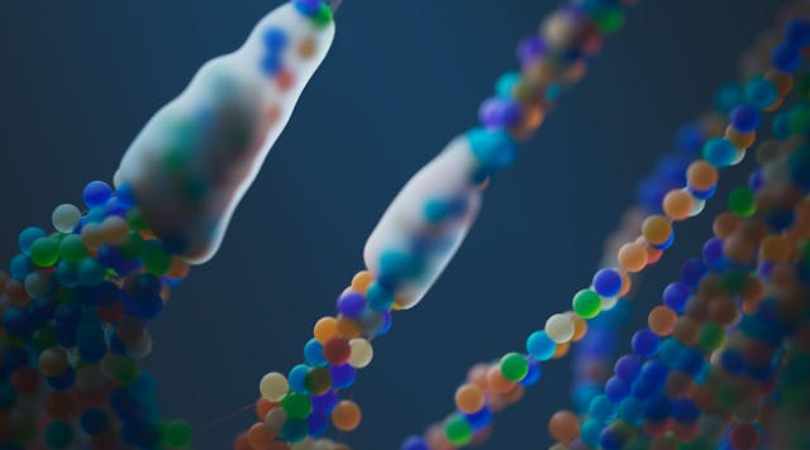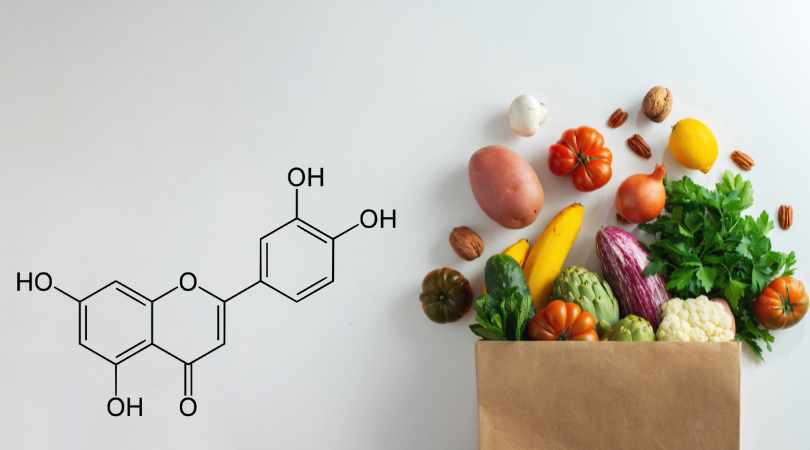Scientists have successfully restored the lost uricase enzyme, a key breakthrough in combating fructose-induced fat formation. This discovery offers new hope for preventing obesity and metabolic disorders by targeting how the body processes sugar and stores fat.
Limited Quantities Available! Order Today and Enjoy Free Shipping on Orders Over $100!
6.4 Cancer: Fragile Cells, Fertile Ground
Updated at:

Abstract
Cancer is often described in terms of mutations, oncogenes, and signaling pathways. But beneath this genetic complexity lies a simpler, universal feature: a disrupted energy state. Cancer cells thrive in low-oxygen, glycolytic conditions — the so-called Warburg effect [CANC-W1956a]. Fructose metabolism feeds directly into this environment. By rapidly consuming ATP, generating uric acid, and suppressing mitochondria, fructose reinforces the fragile metabolic state in which tumors flourish [CANC-N2020]. Elevated fructose uptake and metabolism have been documented in multiple cancers, where they support growth, survival, and resistance to stress [CANC-C2025].
Fructose does not cause every cancer, nor does it replace mutations as a driver. But it provides the fertile metabolic ground where mutations gain traction and malignant cells outcompete healthy ones.
1. Introduction: Cancer as an Energy Disease
Cancer has long been defined by its genetic mutations. Yet across cancer types, there is a consistent energy signature: impaired mitochondria, reliance on glycolysis, and vulnerability to metabolic stress. This common ground suggests that cancer is not only a genetic disease but also an energy disease. In this framing, fructose metabolism becomes critical because it drives the same shifts that cancer cells exploit — ATP depletion, uric acid production, oxidative stress, and mitochondrial suppression [MECH-J2007].
2. Mechanism: How Fructose Metabolism Favors Cancer
2.1 ATP depletion and nucleotide imbalance
Fructokinase activation rapidly consumes ATP, increasing AMP turnover and destabilizing nucleotide pools — conditions that encourage DNA damage and impair repair fidelity [MECH-N2005].
2.2 Uric acid and oxidative stress
Uric acid and reactive oxygen species act as mutagenic pressures, compromising DNA integrity and epigenetic regulation [CANC-N2020].
2.3 Mitochondrial suppression and glycolytic shift
Fructose reduces mitochondrial oxidative phosphorylation and enhances glycolysis — the same metabolic state that tumors prefer for rapid biomass production (Warburg effect) [CANC-W1956b].
2.4 Fuel supply under hypoxia
In hypoxic tumor environments, fructose metabolism provides a glycolytic substrate that allows cells to thrive despite limited oxygen — an advantage under selective pressure [CANC-L2010].
2.5 Epigenetic instability
Energy depletion and altered nucleotide flux disrupt DNA methylation and histone regulation, which can silence tumor suppressors or activate oncogenes without new mutations [CANC-C2025].
3. Fragile Cells → Fragile Systems → Cancer
In the Fructose Model, cancer emerges not from fructose alone but from the fragile metabolic ground it helps create. Energy-starved cells are less able to maintain genomic stability; DNA repair falters, mutations accumulate, and growth control weakens. Once malignant cells appear, fructose metabolism supports their survival under oxidative and hypoxic stress [CANC-B2018]. Thus, fructose does not guarantee cancer — but it increases the probability space in which cancer can arise and thrive.
4. The Naked Mole Rat Paradox
Naked mole rats live in hypoxic tunnels and rely on endogenous fructose production to survive anoxia — a condition that in other species would promote cancer. Yet they remain remarkably resistant to malignancy. Their protection lies not in metabolism but in an unusually dense extracellular matrix rich in high-molecular-weight hyaluronan that physically limits unregulated cell division [NAT-P2017]. This paradox reinforces the Fructose Model: fructose metabolism creates the fragile metabolic ground in which cancer can thrive, but whether cancer arises depends on whether defenses against proliferation remain intact.
5. Evidence Linking Fructose and Cancer
- Tumor uptake: Many tumors express high levels of GLUT5 and fructokinase, enhancing fructose utilization [CANC-C2016] [CANC-W2018].
- Experimental models: Mice on high-fructose diets exhibit accelerated tumor growth and metastasis independent of caloric intake [CANC-G2019].
- Colorectal and pancreatic cancer: Fructose metabolism drives nucleotide synthesis and proliferation in these tumors [CANC-L2010] [CANC-B2018].
- Uric acid correlation: Epidemiologic data link hyperuricemia with higher cancer incidence and poorer outcomes [MECH-N2005].
6. Context: Fructose as a Selective Advantage
Fructose metabolism provides malignant cells a selective advantage by supporting anabolic growth and survival under metabolic stress. Not all cancers depend on fructose, but many exploit its unique chemistry to gain resilience in hostile environments [CANC-C2025].
7. Why Energy Is the Universal Signature of Cancer
Despite their genetic diversity, nearly all cancers share a single signature: impaired mitochondrial energy production and a reliance on glycolysis. This “Warburg state” aligns perfectly with the metabolic effects of chronic fructose metabolism — ATP depletion, uric acid generation, and mitochondrial suppression [CANC-N2020]. While fructose is not the origin of mutation, it amplifies the energy instability that mutations exploit, making energy failure the most universal denominator of cancer.
8. Conclusion
Cancer is many diseases, but they share one fingerprint: cells that run on fragile energy. Fructose metabolism reinforces this state by draining ATP, generating uric acid, and suppressing mitochondria. It does not cause every cancer, but it weakens defenses and fuels tumor progression once instability begins. In this way, fructose metabolism fits squarely into the Fructose Model: fragile cells lead to fragile systems, and in that fragility, cancer finds its opening [CORE-RSTB2023].
These relationships form a coherent, testable framework to be addressed in forthcoming experimental protocols.
(Selected sources linked inline; full citations in the Master Bibliography.)
Disclaimer: The information in this blog reflects personal opinions, experiences, and emerging research. It is not intended as medical or professional advice and should not replace consultation with qualified professionals. The accuracy of this content is not guaranteed. Always seek guidance from a licensed expert before making any health-related decisions.







